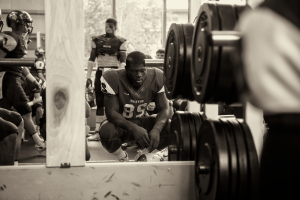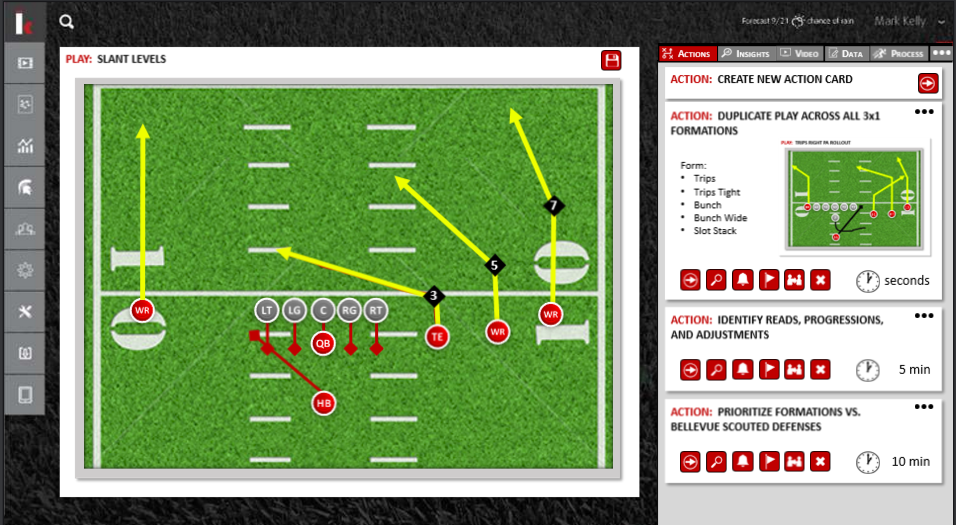In my previous post I hit on the topic of Mastery. Are your practices and training programs structured so that your players can progress and be fulfilled with a sense of accomplishment? The second crucial necessity, described below, for building a program that motivates can often contradict that previous point. This challenge makes building an effective football program not for the weak of mind, or heart. You must be intentional with all that you do, especially with building in this second essential component.
So what is the secret? Let It Go. (not the song from Frozen that all you Dads out there with young daughters have likely memorized by now… although there are some parallels).
In order for kids to be internally motivated, they have to feel that they are in charge of their destiny. The alternative to this can be catastrophically demotivating, which is why you see so many young athletes’ desire burn out after years of their parents filling their time with club teams and private coaches.
If you are still not sold on this concept, think of yourself. Would you rather to be told exactly what to do, day in and day out, and not have control over your future? Likely not. Not even if it meant ‘success’.
So as a coach, how do you let go of control over your players development, yet effectively guide them through increasing challenges with the appropriate feedback? This is truly the rub, but if you can solve this problem, you will make a huge Impakt on the lives of many. Here are three points that I suggest:
1) Have your players develop individual goals that are in-line with the team mission and values
This of course requires you to develop a mission and values if you haven’t already. There are a few great guidelines out there for doing so. The Art of Manliness lays out a great process for a family that can be easily transferred to your football team.
2) Allow players to brainstorm the daily disciplines they will do to reach their goal
You can, and should, offer guidance as to what daily work will get them to their desired goals. If doing 20 push ups a day is not going to be sufficient for them to increase their bench by 75 lbs before next season, let them know it. Suggest something more, and use this time to teach them what you know. Then encourage them to use this new knowledge to make a better tactical plan.
3) Make your players measure their progress
What gets measured, gets managed. Be sure to make them measure the progress though, especially in the off-season. If not, it will quickly be perceived as your goal, not theirs. They should have accountability partners. Teammates, parents, siblings. You will be the person they come running to with excitement as they start to see progress, or need encouragement.
Let me know your thoughts. If you’d like to learn more, or be one of the first to learn about Impakt’s new time saving tools for coaches, sign up for our newsletter.
- Coach Campbell



